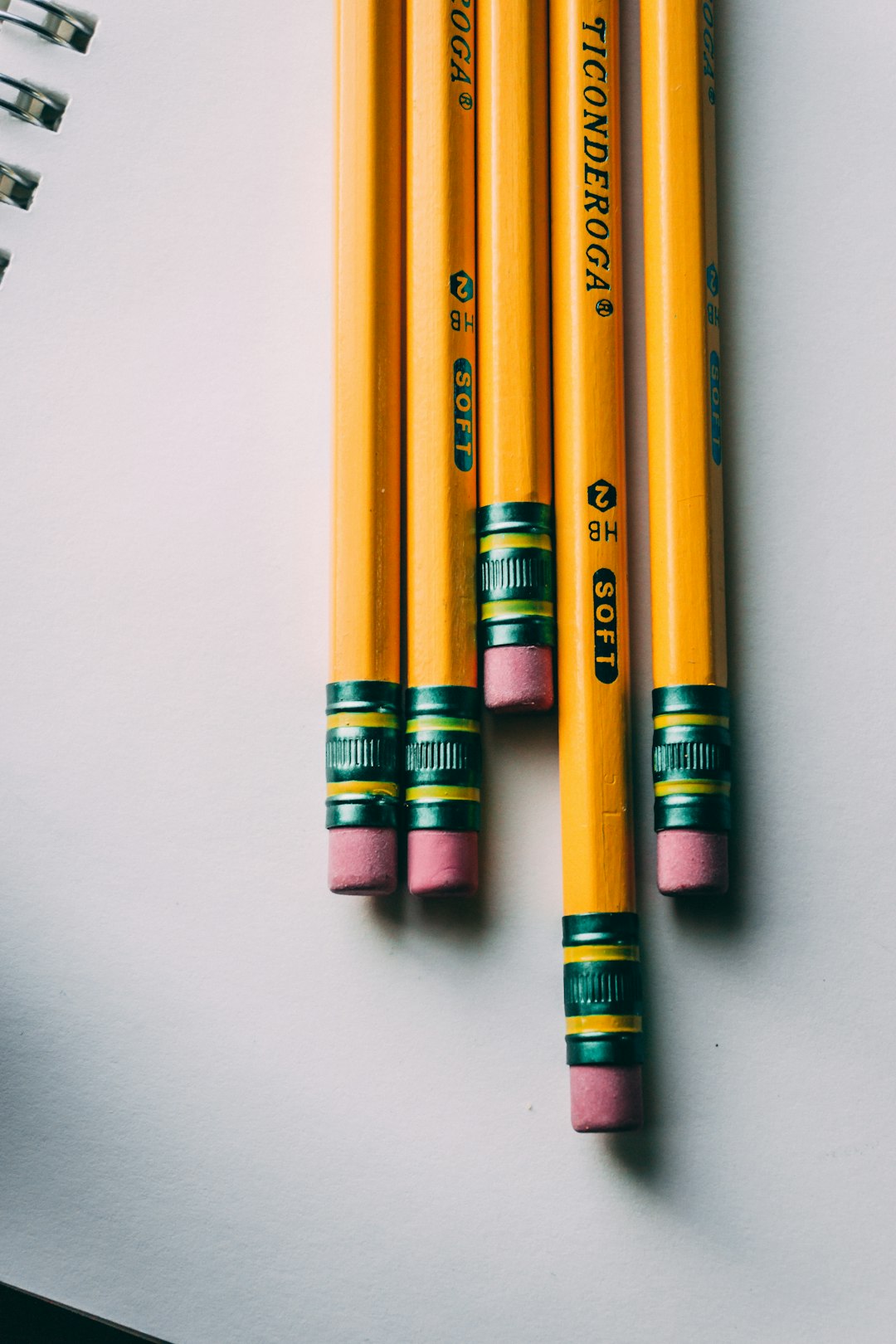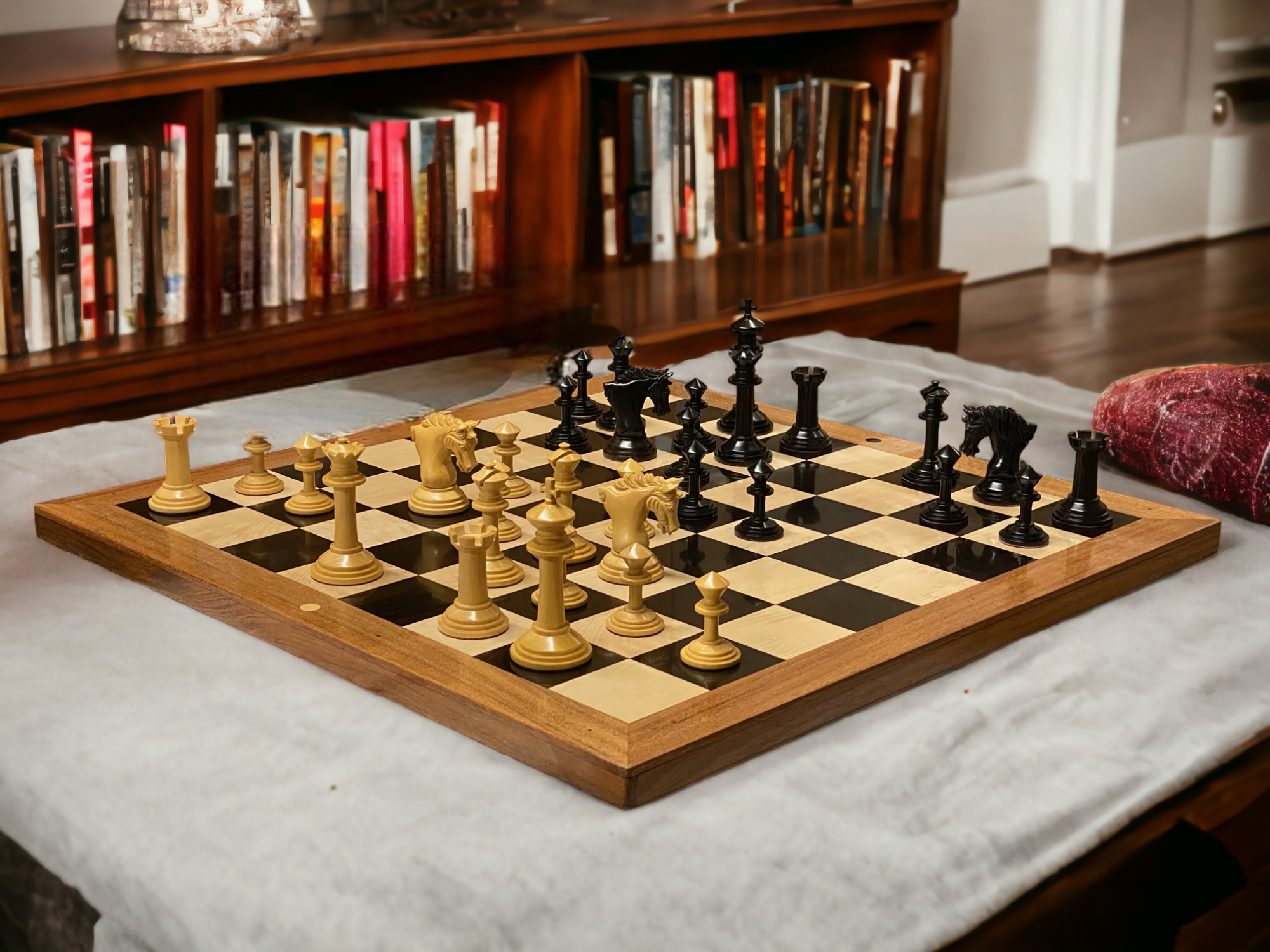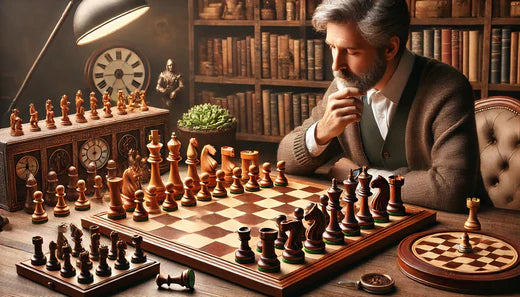In an age of rapid technological advancements and constant distractions, fostering critical thinking in education is more crucial than ever. One game that has stood the test of time and continues to enhance cognitive skills is chess. This classic board game not only serves as a source of entertainment but also acts as a powerful tool for developing critical thinking abilities. In this article, we’ll explore how chess, particularly with beautifully crafted boxwood chess pieces, can transform educational experiences for students of all ages.
The Historical Connection Between Chess and Education
The origins of chess date back to the 6th century, evolving through centuries and various cultures. Over time, educators have recognised the potential benefits of chess as an educational tool. It was popularised in classrooms during the 20th century, fascinated by its capacity to nurture strategic thought, problem-solving skills, and mental agility. This game is more than just moving pieces on a board; it touches upon essential skills that extend far beyond the confines of the chessboard.
Chess as a Cognitive Exercise
Engaging in a game of chess encourages players to think critically about their moves and strategies. Each move requires analysis and foresight, developments which can enhance several cognitive functions:
- Analytical Skills: Players must evaluate positions, assess alternatives, and decide on the best course of action based on calculated risks.
- Problem-Solving Abilities: The game presents complex challenges that require players to devise solutions in a dynamic environment.
- Memory Improvement: Remembering positions, previous games, and opponents’ strategies is an essential part of chess that boosts cognitive retention.
- Focus and Concentration: Chess trains individuals to maintain attention and remain present in the moment, skills invaluable across educational disciplines.
The Role of Boxwood Chess Pieces in Education
The aesthetics of chess can have a profound impact on the learning experience. For instance, boxwood chess pieces, noted for their durability and elegant appearance, captivate players and enhance the overall enjoyment of the game. The tactile sensation of moving these pieces can create a deeper connection to the game, compelling students to engage more thoroughly with the learning process. The act of handling beautiful pieces fosters a sense of pride and motivation, making students more likely to invest time into improving their skills.
The Social Benefits of Playing Chess
Chess is often referred to as a game of two minds. The social aspects of chess play a significant role in education as well. Here’s how:
- Teamwork and Collaboration: Chess clubs and tournaments encourage collaboration among students. Players share insights, strategies, and analysis of games, reinforcing teamwork skills.
- Sportsmanship and Respect: Chess teaches players to respect their opponents. Handling wins and losses gracefully instills a sense of honour and integrity.
- Cultural Awareness: Chess has global appeal, opening discussions about different strategies and traditions from various cultures, thus enhancing multicultural understanding.
Implementing Chess in Educational Curriculums
Recognising the numerous benefits, many schools are adopting chess into their curriculums. Whether integrated as a standalone subject or as part of existing programmes, the following steps are essential for a successful implementation:
1. Training Educators
Educators are the backbone of any curriculum. Providing them with adequate training ensures they can effectively teach chess and understand its impact on critical thinking. Workshops and online resources can offer comprehensive training options.
2. Establishing Chess Clubs
Creating chess clubs caters to students’ interests. These clubs can act as a platform for students to learn from one another, engage in friendly competitions, and build a community around a shared passion for the game.
3. Organising Tournaments
Tournaments inspire students to sharpen their skills. Organising school-wide or inter-school competitions promotes a sense of achievement and motivates students to think critically and tactically under pressure.
4. Providing Quality Equipment
Having access to quality chess sets, such as those made with boxwood chess pieces, enhances the playing experience. Good equipment ensures that students focus on the game without distractions from low-quality materials.
Research on Chess and Cognitive Development
Numerous studies have established positive correlations between chess and cognitive development. Research highlights that students engaged in chess show improved academic performance across various disciplines. Specifically, some findings suggest the following outcomes:
- Enhanced Mathematics Skills: Chess players often excel in mathematics, as both require logical reasoning and problem-solving skills.
- Improved Literacy: Chess enhances reading comprehension as players must follow complex narratives and analyse themes through strategic gameplay.
- Better Academic Performance: Schools that implement chess programs frequently report overall improved outcomes in student performance, particularly in critical thinking assessments.
Paving the Way for Lifelong Skills
Chess offers invaluable life lessons that extend beyond schooling. The critical thinking and problem-solving skills developed through chess translate well into personal and professional spheres. Playing chess teaches resilience; every player faces failure and learns to adapt their strategies. This growth mindset is paramount in today's rapidly changing world.
A Journey of Discovery
The journey into the world of chess is an exciting one. Starting from the historical accounts of the game to its modern-day applications in education, it’s clear that chess is more than just a pastime. With the elegance of boxwood chess pieces, students are encouraged not only to engage in strategic thinking but also to develop a lifelong appreciation for the game.
Your Chess Adventure Awaits
If you’re an educator or a parent, consider integrating chess into your educational practices. Whether you’re setting up a chess club at school or teaching your children how to play at home, the benefits are profound. By investing time in this classic strategy game, you are not just teaching the moves but nurturing future critical thinkers equipped to tackle the challenges of tomorrow.
Embrace the transformative power of chess and watch as it shapes the minds of the younger generation, encouraging them to think critically, collaborate meaningfully, and develop problem-solving skills that will serve them for a lifetime.



